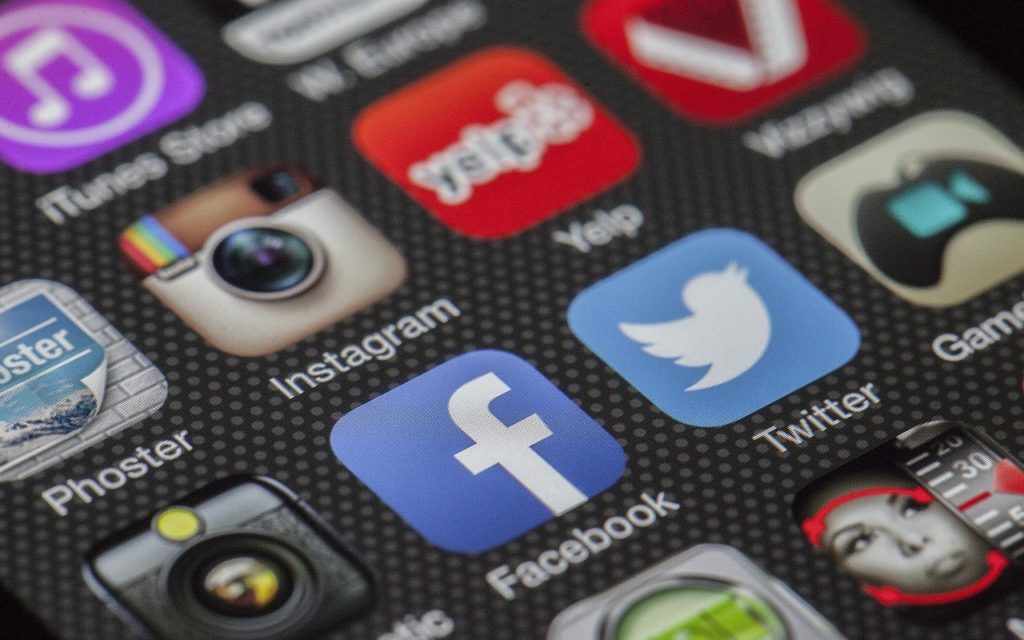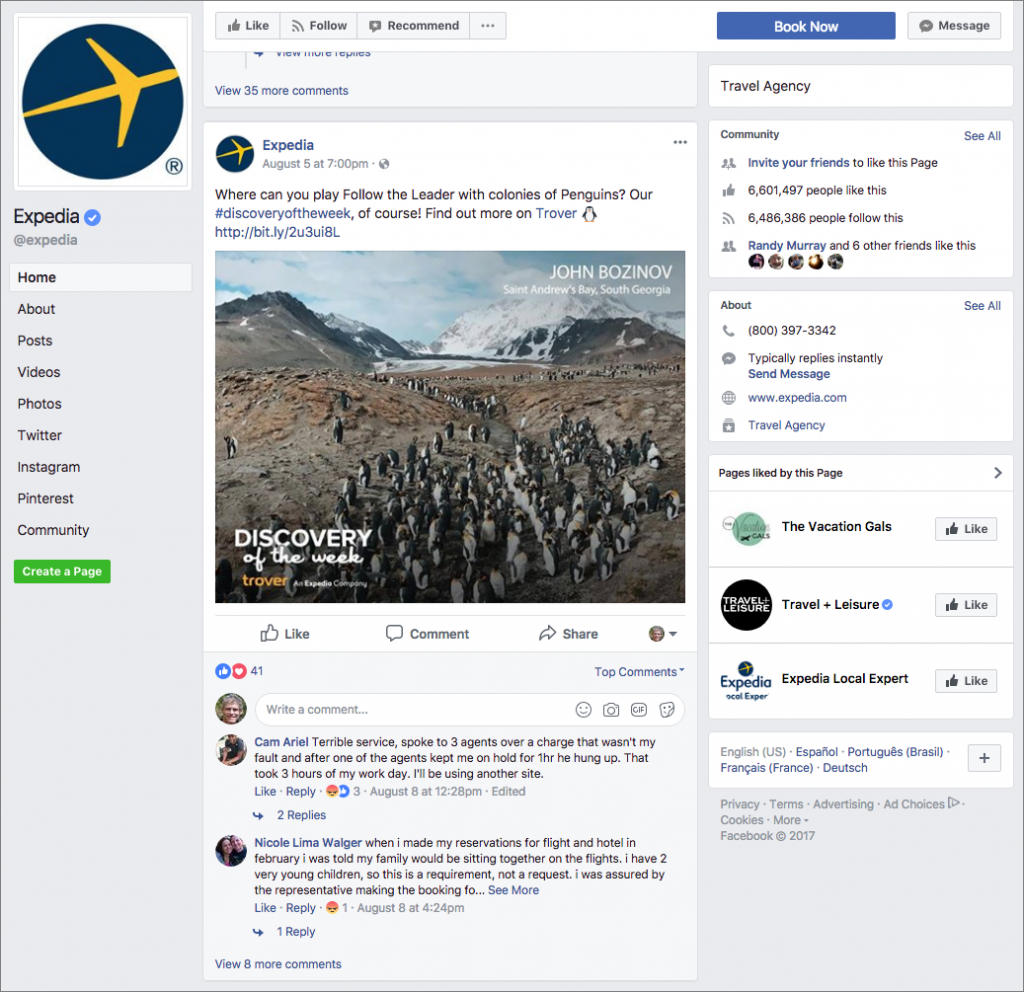When it comes to developing a content marketing strategy, you need a blog as a foundation and an email newsletter as your primary method of outreach to current and potential clients. But what about social media: Twitter, Facebook, LinkedIn, Instagram?
I won’t lie. I think social media is largely a waste of time. From a conceptual standpoint, the reason is right there in the name: social media is about socializing. People spend time on Facebook to find out what’s happening with their cousins and their friends from college, and they follow Twitter streams from people they know and celebrities they’d like to pretend they know. What they’re not doing is making business connections and thinking about work.
There’s another problem, which is that organic (as opposed to paid) social media largely doesn’t work for business promotion of any sort. Did you know, for instance, that the average tweet has a lifespan of just 18 minutes? Marketing guru Avinash Kaushik has written a compelling indictment of organic social media, pointing out that even for the largest brands, the engagement rate is vanishingly small.
To crib an example from Kaushik’s article, check out Expedia’s Facebook page. The first organic post when I visited featured a nice photo of penguins, and I’m always a sucker for penguins. However, I must be weird, because of the roughly 6.5 million people who like or follow Expedia on Facebook, this post got just 41 likes (an “applause rate” of 0.00062%) and 10 comments (a “conversation rate” of 0.00015%), and 0 shares. Since 8 of the 10 comments were negative screeds left by angry customers, it’s safe to say that this post hurt Expedia far more than it helped.
OK, so much for the naysaying. I know how hard it is to ignore Facebook and Twitter when social media “experts” are constantly talking about how essential they are. And there can be benefits to posting regularly on social media, including:
- Be in the conversation. Regardless of the amount of engagement, if you’re not participating, there’s no opportunity to engage with current and potential clients.
- Immediate interaction. When people do comment on your social media posts, that’s your chance to show off your customer service or expertise. Be sure to reply quickly, and always like or follow those who engage.
- Branding. Even useful posts may not provoke much engagement individually, but they do improve your branding, setting you up as a reliable source.
- Traffic and lead generation. No one reads much on social media, so everything you post should link back to your blog, which can only help bring people to your Web site.
If you decide to include Facebook and Twitter in your content marketing strategy, we have some suggestions for the frequency, timing, and length of your posts in our next article.



